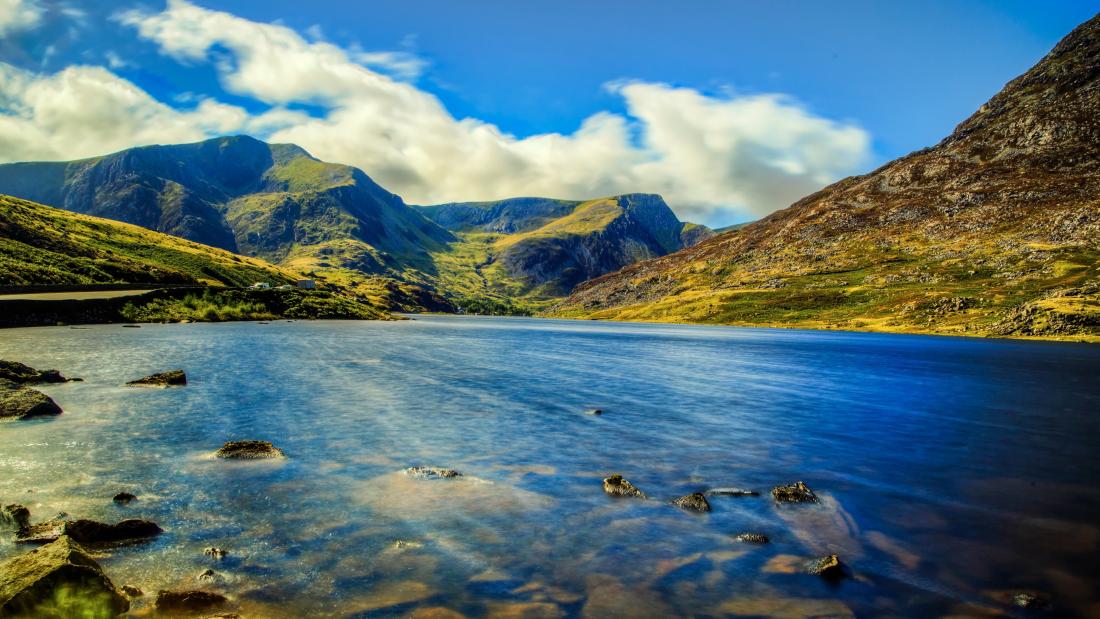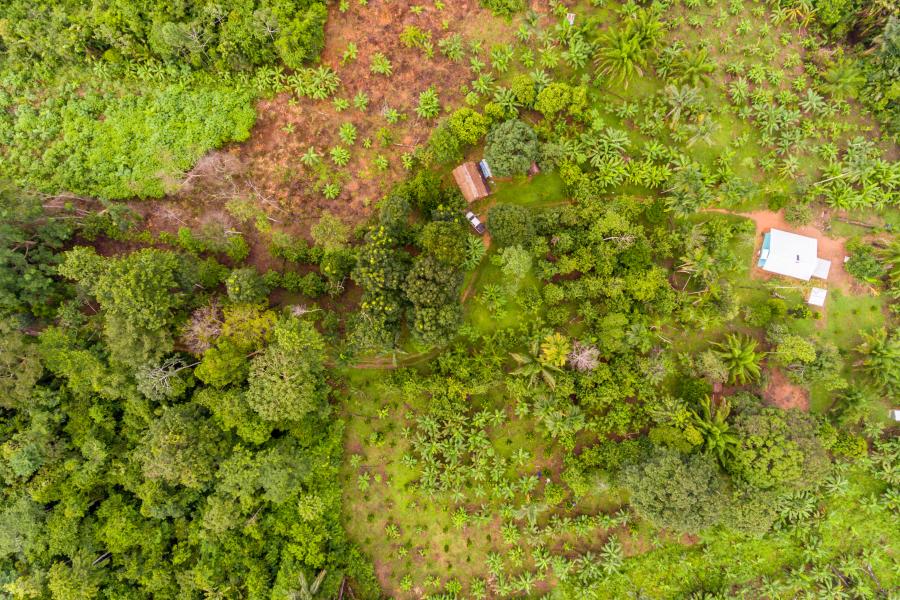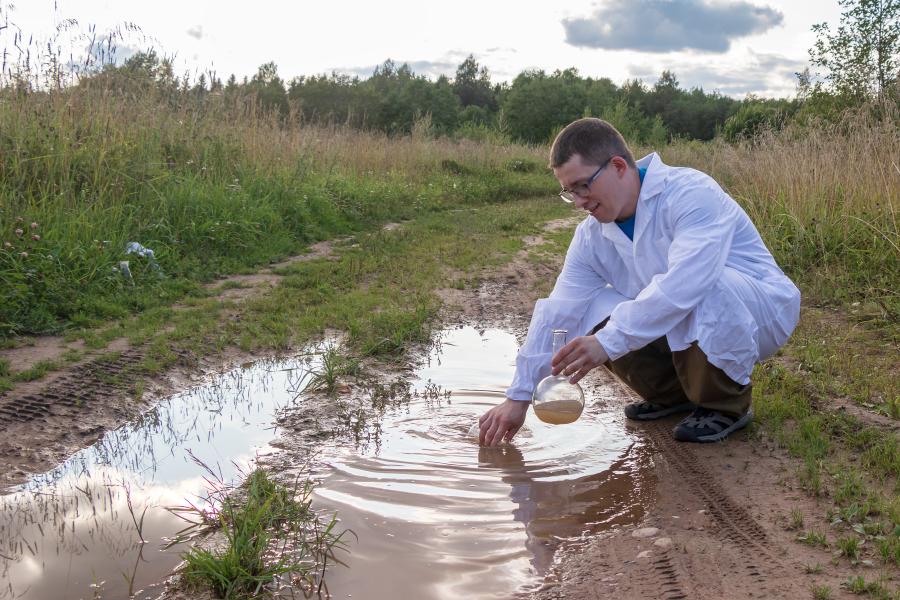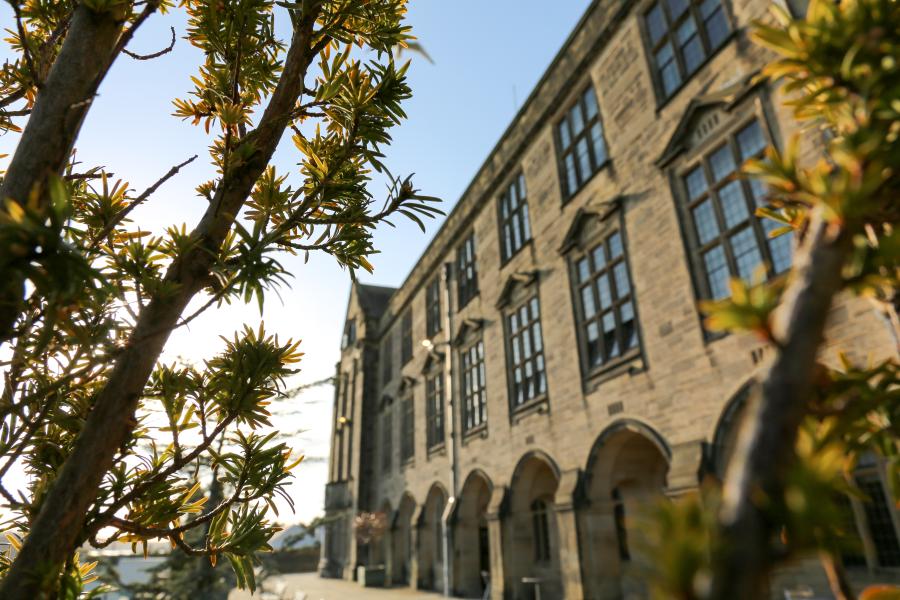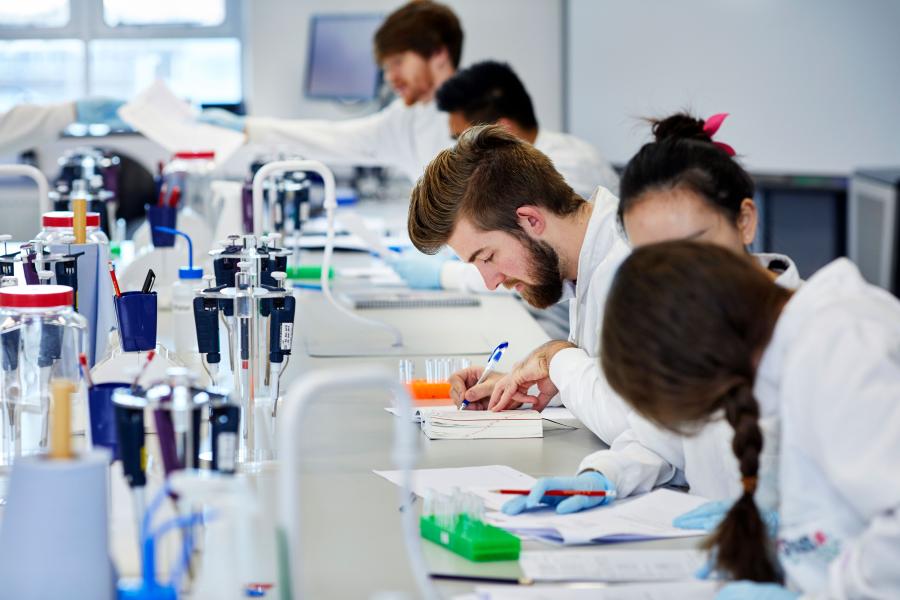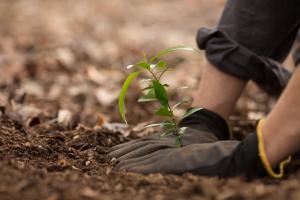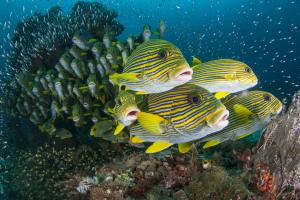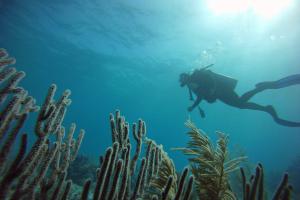Why Study Environmental Science?
- Top 30 in the UK for Environmental Science Education (Times/Sunday Times Good University Guide 2018)
- Rated Gold for Teaching Quality in the latest Teaching Excellence Framework
- 252 Hectare research station
- 18 hectare Botanic garden
- Many degrees are accredited by the Institution of Environmental Sciences
- 96% Satisfaction rate for our Environmental Science degree programmes
Career Opportunities in Environmental Science
Environmental Science offers complete flexibility in your choice of career path. You can expect to find employment in industrial organisations, advisory agencies, local government, and in research and development, either within Europe or overseas. It also provides a good basis for teaching and working in the media. You may also consider pursuing a postgraduate research PhD.
Our Research in Environmental Science
World-leading research
Bangor University has been at the forefront of research in the environmental sciences for decades. The diversity of staff interests and expertise mean that our research helps provide answers to fundamental theoretical and applied problems in the environmental sciences, as well as directing our teaching. Amongst others, on-going studies focus on climate change, waste management and utilisation, nutrient cycling, greenhouse gas emissions from agricultural systems, lifecycle assessments and carbon footprints, environmental microbiology (e.g. antibiotic resistance and pathogens), food security (e.g. sustainable intensification), and many aspects of soil science. The research emphasis is highly international. Many of the team are invited experts on government committees, and we are particularly active in engaging with the public to publicise our work. Our staff are active in the following areas of research.
- Conservation Science
Crops and Livestock - Environmental and Soil Science
- Forestry
- Rivers and Catchments
- People, Space and Place
- Geospatial Analysis
Excellent facilities
We have excellent facilities for research, including our 252 hectare research station (Henfaes Research Station), where many projects are based; glass houses, laboratories, a rhizotron, and Environment Centre Wales.
International collaboration
We collaborate with people from around the world, including academic experts and industry. Many of the team are invited experts on government committees, and we are particularly active in engaging with the public to publicise our work. Collectively, this helps to ensure that our research has real-world application and relevance. The research emphasis is highly international, with projects based in every continent in the world, from the Arctic to the Antarctic.
Addressing current issues
Amongst others, on-going studies address a range of issues, including climate change, waste management and utilisation, nutrient cycling and optimising their use, greenhouse gas emissions from agricultural systems, lifecycle assessments and carbon footprints, environmental microbiology (e.g. antibiotic resistance and pathogens), food security (e.g. sustainable intensification), and many aspects of soil science.
You may also be interested in these related subject areas.
You may also be interested in these related subject areas.

